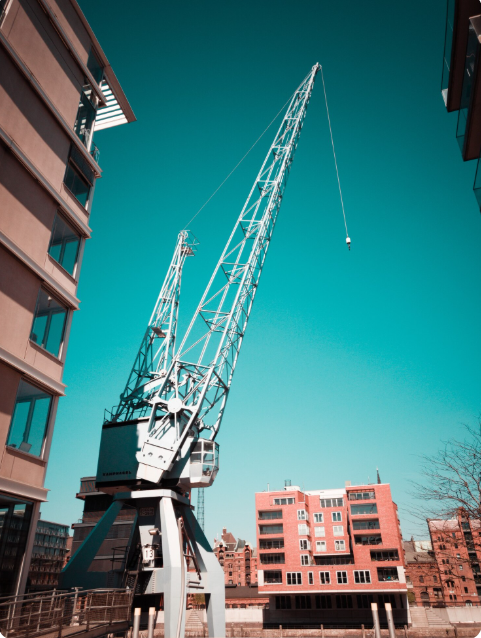Atlanta is a city that thrives on blending historic character with modern development. Achieving this balance often requires a more refined approach than traditional demolition. Selective demolition in Atlanta provides that solution, focusing on carefully removing specific portions of a structure while protecting the areas that remain. This method is widely used in renovations, adaptive reuse, and upgrades, making it an essential practice for projects across the city.
The Importance of Selective Demolition in Atlanta
Contractors dismantle targeted sections—such as outdated interiors, mechanical systems, or non-structural elements—while preserving valuable components.
This approach is especially effective for:
- Historic properties where architectural features must be retained.
- Adaptive reuse projects that transform existing buildings into modern spaces.
- Interior remodeling for offices, schools, and medical facilities.
- Urban redevelopment in areas where noise, safety, and community impact are concerns.
With Atlanta’s combination of historic landmarks and ongoing new construction, selective demolition offers the flexibility to meet both preservation and modernization goals.
The Process of Selective Demolition
- Detailed Site Assessment
Each project begins with a comprehensive evaluation to determine what should be removed, reinforced, or left intact. - Permitting and Compliance
Contractors secure the required permits, particularly important for projects in regulated or historic districts. - Hazardous Material Handling
Older structures often contain asbestos, lead, or other materials that must be safely removed to protect workers and the public. - Utility Coordination
Mechanical, electrical, and plumbing systems are carefully disconnected, rerouted, or stabilized to prevent disruptions and maintain safety. - Controlled Demolition Work
Specialized tools and methods ensure only designated sections are removed, minimizing dust, vibration, and noise. - Recycling and Salvage
Materials such as metal, wood, and concrete are recovered for reuse or recycling, supporting sustainability goals. - Preparation for Next Steps
Once the selective demolition is complete, the area is thoroughly cleared and made ready for renovation or redevelopment.
Benefits for Atlanta Projects
- Cost Savings: By focusing only on specific areas, projects reduce labor and disposal costs.
- Sustainability: Recycling and material recovery minimize environmental impact.
- Community Consideration: Reduced noise and dust make this approach well-suited for urban neighborhoods.
- Preservation: Protects key structural and architectural elements while allowing modernization.
Selective Demolition in Action
Across Atlanta, selective demolition has supported projects that combine efficiency with preservation. For example, at major redevelopment sites, contractors have dismantled interior spaces while maintaining exterior facades, blending historic architecture with new design. In adaptive reuse projects, older industrial buildings have been carefully reworked into modern offices and residential spaces, showcasing how targeted demolition can unlock new potential.
Trinity’s Expertise in Selective Demolition Atlanta
Trinity Industrial Services specializes in delivering safe, efficient, and environmentally responsible selective demolition solutions. Their experienced team uses advanced techniques to complete projects with precision while adhering to all local regulations.
For Atlanta clients, Trinity provides the expertise needed to balance safety, sustainability, and project goals. Whether for historic preservation, adaptive reuse, or large-scale redevelopment, Trinity ensures selective demolition is carried out with care and foresight—helping shape the future of Atlanta’s built environment.
 seolounge
seolounge